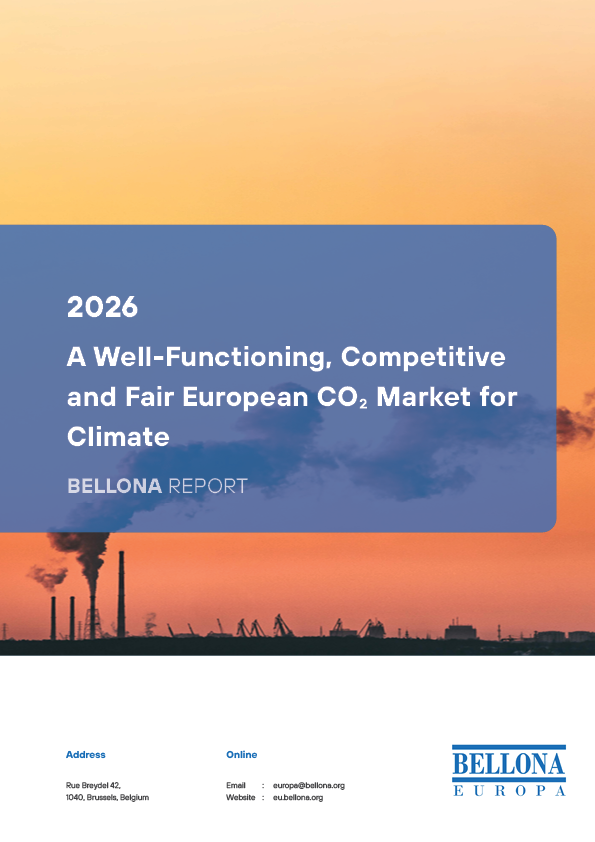
A Well-Functioning, Competitive and Fair European CO₂ Market for Climate
To reach climate neutrality by 2050, society will require CO₂ transport and storage services to be available at scale in a functioning internal Europ...
Publication
At the end of 2020, the Dutch government ran the first round of its SDE++ subsidy programme. For the first time the programme included support for CCS in industry. The renewed government support for CCS in the Netherlands is rooted in the self-imposed but legally required emission reduction targets on its path to achieve net-neutrality by 2050.
The 2019 ‘Climate Agreement’ that resulted from a stakeholder dialogue programme of so-called ‘Climate Tables’ across Dutch actors identified the tools to achieve set emission reduction targets for each sector. For industry, it meant the elimination of an annual 14 million tonnes of CO2 by 2030. CCS was identified as one of the necessary actions to ensure industry can meet its targets.
This policy brief outlines and explains the current framework that is in place to deliver CCS as one of the decarbonisation solutions for Dutch industry through a combination of support instruments, most notably the SDE++, and increasing penalties for emitting CO2 through a new carbon tax that effectively tops up the EU ETS price.
Summary & Key aspects of the CCS policy framework:
Get our latest news